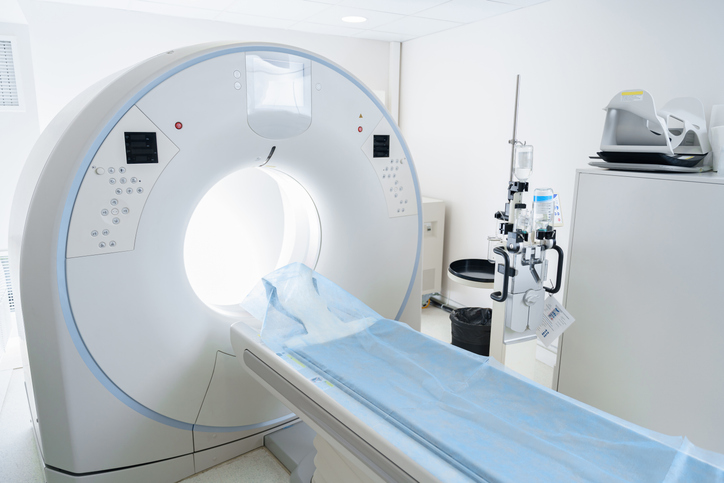
Assessing the Link Between Myocardial Blood Flow Reserve With Adverse Left Ventricular Remodeling in Aortic Stenosis
A new study published in JAMA Cardiology found that aortic stenosis (AR), Impaired myocardial flow reserve (MFR), as well as stress myocardial blood flow (MBF) are all associated with adverse myocardial characteristics. The findings indicate that that these indices may serve as early sensitive markers of left ventricular decompensation.
A Novel Model for Predicting Bleeding Events in VTE
Investigators developed a novel model for bleeding prediction in in patients with venous thromboembolism (VTE). The results were published in the Journal of the American Heart Association. “Performance of the model was moderately good, highlighting the urgent need to identify better predictors of bleeding to inform treatment decisions,” the researchers concluded.
Sleep Apnea Associated with Worse Outcomes in PAD
Sleep apnea is associated with worse long-term outcomes in peripheral artery disease (PAD), according to a study published in PLOS One. “Our study shows that sleep apnea patients with PAD are much sicker with a higher burden of cardiovascular risk factors and comorbidities. Patients with PAD and comorbid sleep apnea present also with a much more vulnerable mental health profile as reflected in the depressive symptom burden,” the researchers concluded.
Study Highlights the Impact of Kidney Function on the Occurrence of AFib
There’s a significant association between decreased kidney function and the occurrence of new-onset atrial fibrillation (AF). In this study, assessed the prognostic impact of decreased kidney function at admission on the occurrence of new-onset AF in 3,115 consecutive patients with STEMI. According to the results, new-onset AF occurred in 215 (6.9%) patients, 75 (34.9%) patients presented with AF, and 140 (65.1%) patients developed AF after pPCI.







 © 2025 Mashup Media, LLC, a Formedics Property. All Rights Reserved.
© 2025 Mashup Media, LLC, a Formedics Property. All Rights Reserved.